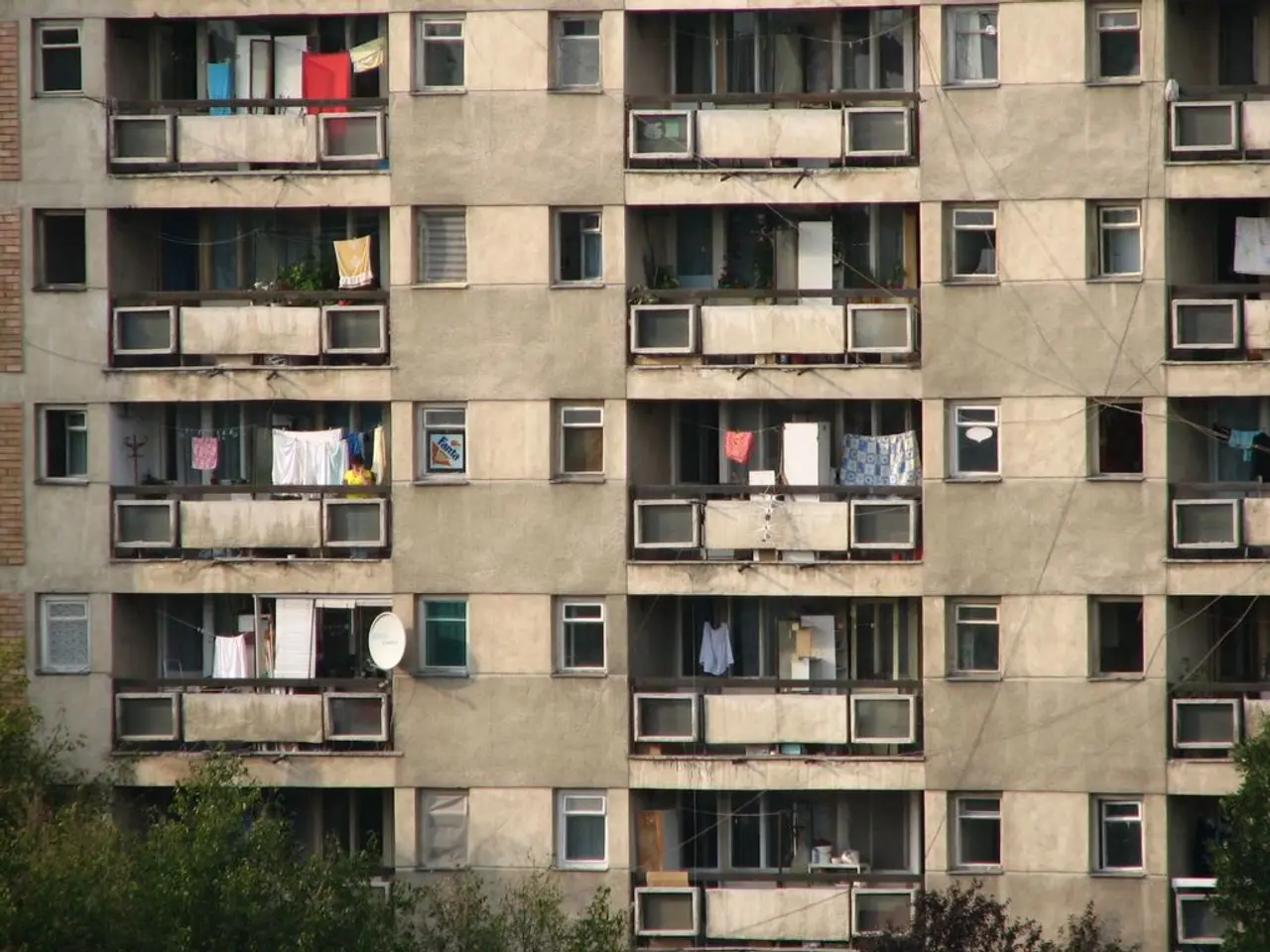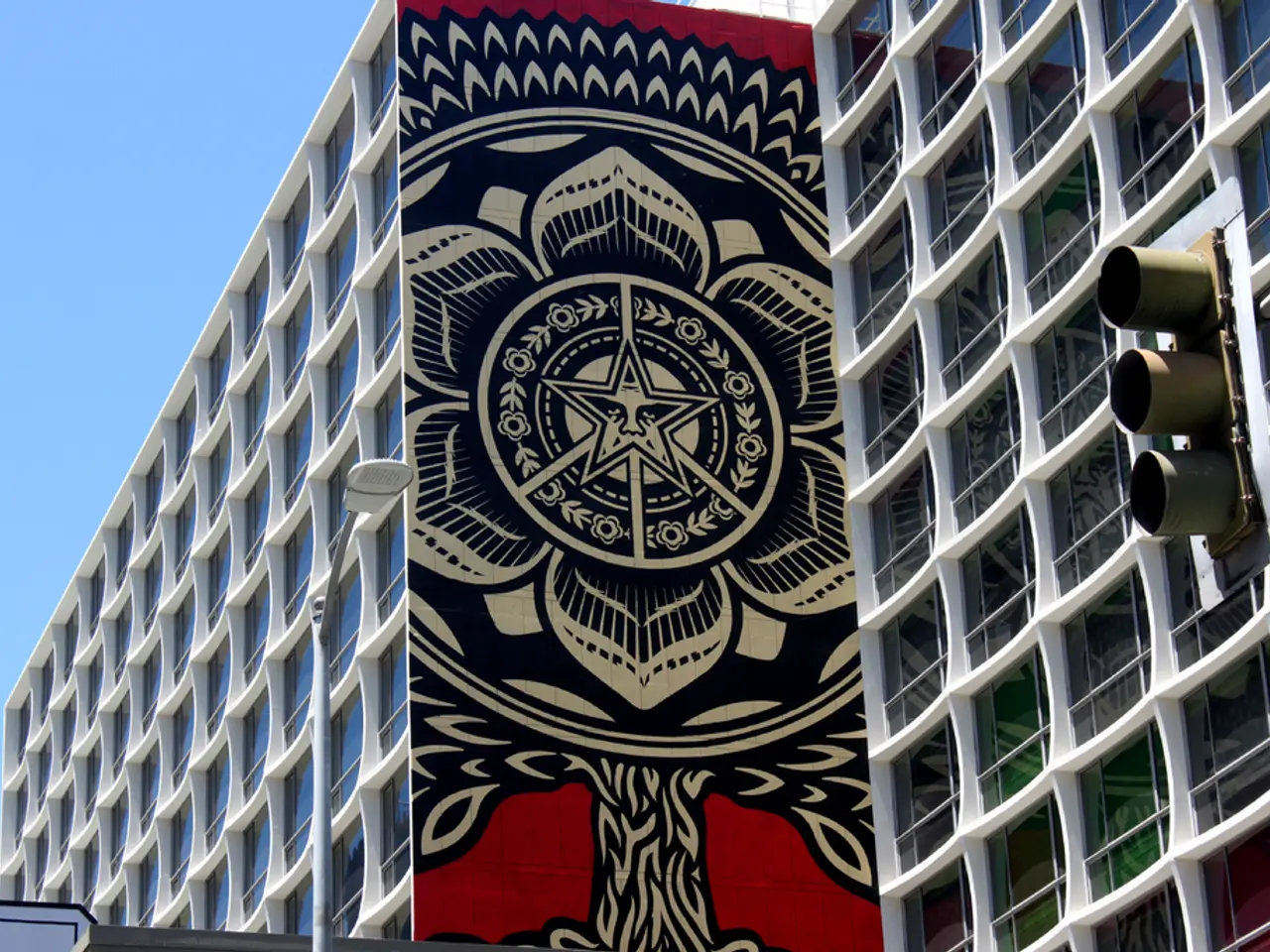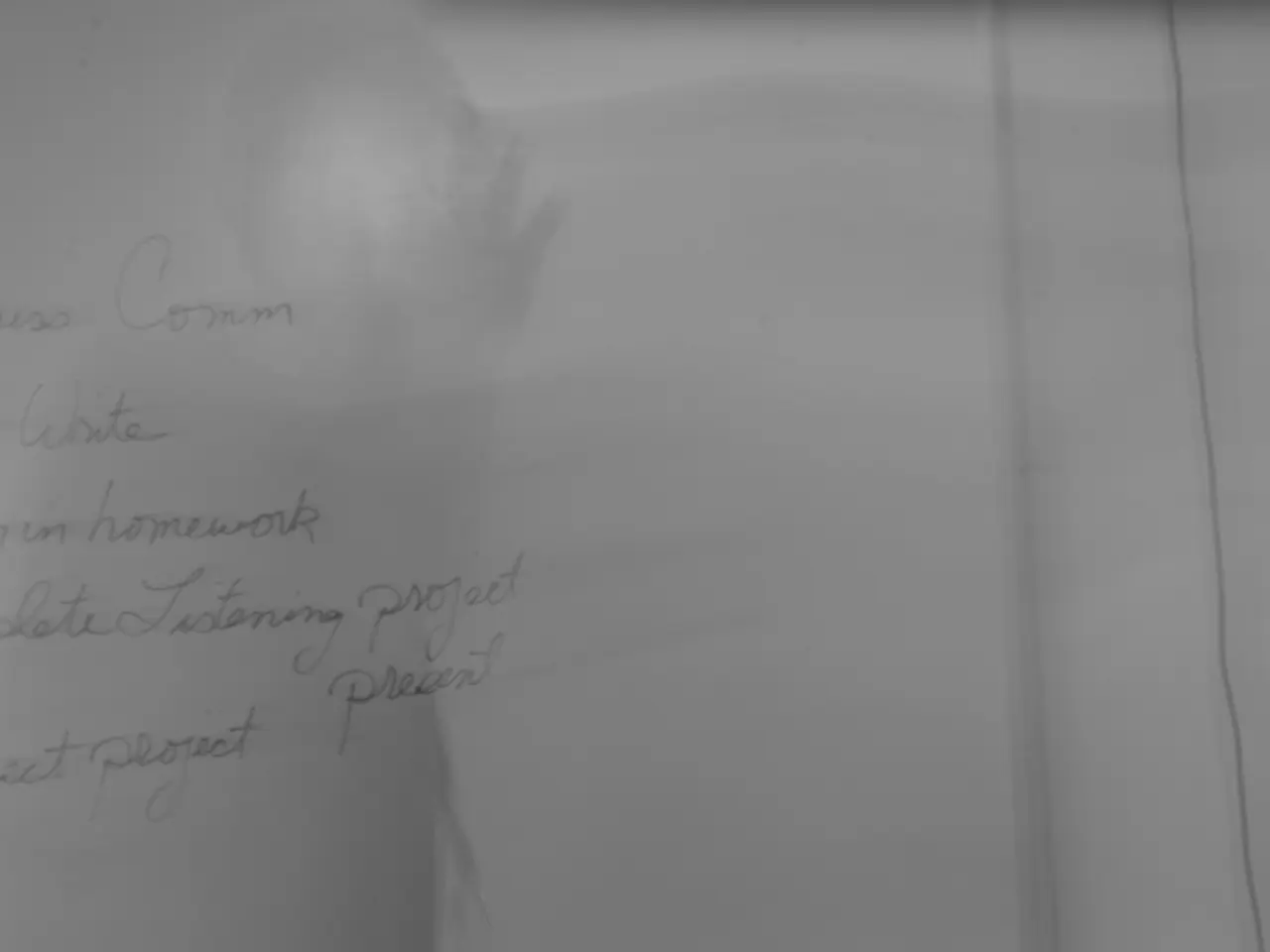Georgians face potential penalties due to demands from the Balts
In a significant development, the Baltic states - Lithuania, Latvia, and Estonia - have urged the European Union (EU) to impose sanctions on Georgia, expressing deep concern over the country's deteriorating democratic landscape and human rights violations.
The catalyst for this call to action stems from the Georgian government's crackdown on opposition protesters and peaceful activists, following the ruling Georgian Dream party's decision to halt EU accession talks until 2028. This move, which triggered large-scale protests and widespread condemnation, has been met with allegations of violence, illegal detentions, torture, and raids against opposition figures.
Moreover, EU officials have voiced concerns about the instrumentalization of the justice system by Georgian authorities, suggesting that the judiciary is being used as a tool to suppress dissent and political opposition. In response, several Georgian officials, including Prime Minister Irakli Kobakhidze, Interior Minister Vakhtang Gomelauri, and Bidzina Ivanishvili, the honorary chairman of the ruling party, have been targeted with targeted sanctions and visa bans by the Baltic states.
The Baltics' stance against Georgia is not without controversy. Georgian officials have accused the Baltics of double standards, while Latvia's recent move to expand blacklists of Georgian citizens reflects a zero-tolerance policy towards what they call "undesirability" amid deteriorating political conditions.
The push for EU sanctions against Georgia is not a solitary endeavour. More than 10 EU member states, including the Baltics, have advocated for sanctions through the "EU global human rights sanctions regime," akin to the US Magnitsky Act. However, this initiative faces resistance from countries like Slovakia, Hungary, and Greece, who fear that sanctions might exacerbate the situation.
Lithuanian Foreign Minister Kastutis Budris has publicly expressed his support for putting pressure on Georgia, criticizing the actions of the Transcaucasian authorities towards the opposition. Budris believes the situation in Georgia is deteriorating due to European inaction and has suggested political isolation and personal sanctions as means to pressure Georgia.
In light of these developments, Kaya Kallas, the head of the European Diplomacy, has spoken about the potential implementation of measures, including the suspension of the visa-free regime for Georgia. The measures are aimed at addressing the democratic issues in Georgia and are being considered by the European Diplomacy.
References: [1] BBC News (2021). EU urged to impose sanctions on Georgia over crackdown on opposition. Retrieved from https://www.bbc.com/news/world-europe-55887782 [2] Euractiv (2021). EU member states push for sanctions against Georgia. Retrieved from https://www.euractiv.com/section/global-europe/news/eu-member-states-push-for-sanctions-against-georgia/ [3] The Guardian (2021). EU urged to impose sanctions on Georgian officials over human rights abuses. Retrieved from https://www.theguardian.com/world/2021/jun/25/eu-urged-to-impose-sanctions-on-georgian-officials-over-human-rights-abuses [4] Radio Free Europe/Radio Liberty (2021). Georgia: EU Sanctions On Officials Over Human Rights Abuses. Retrieved from https://www.rferl.org/a/georgia-eu-sanctions-on-officials-over-human-rights-abuses/31185666.html
The Baltic states, due to their concern over Georgia's deteriorating democratic landscape and human rights violations, have called for the European Union (EU) to impose sanctions on Georgian officials, citing the Georgian government's crackdown on opposition protesters and peaceful activists as a key reason.
This push for EU sanctions against Georgia is not a solitary endeavour, as more than 10 EU member states advocate for sanctions through the "EU global human rights sanctions regime," comparable to the US Magnitsky Act.







